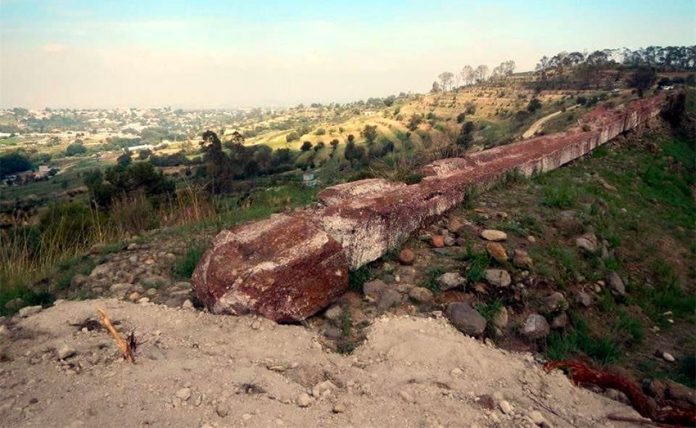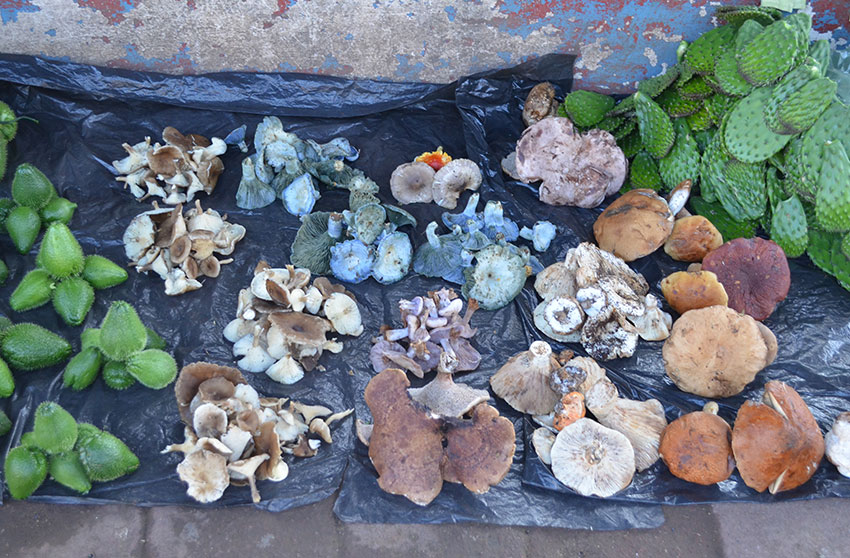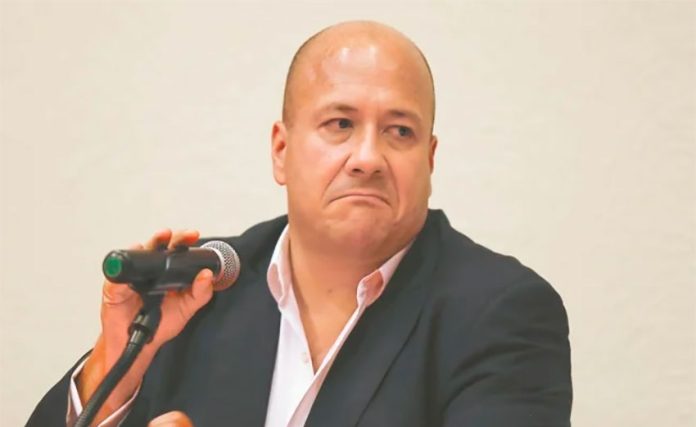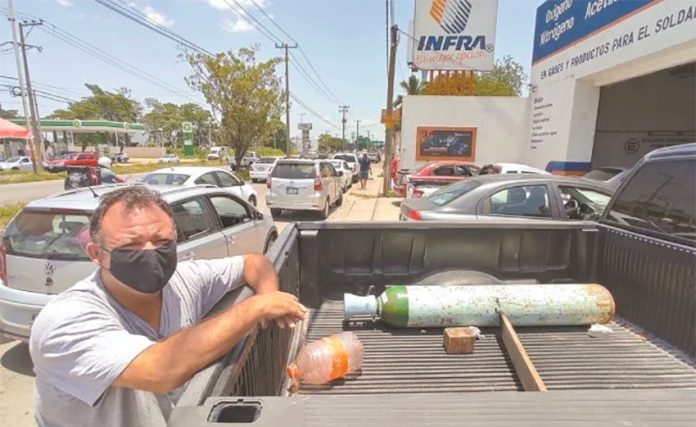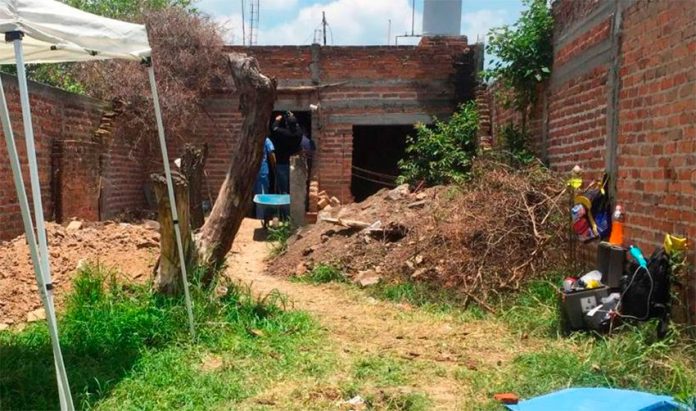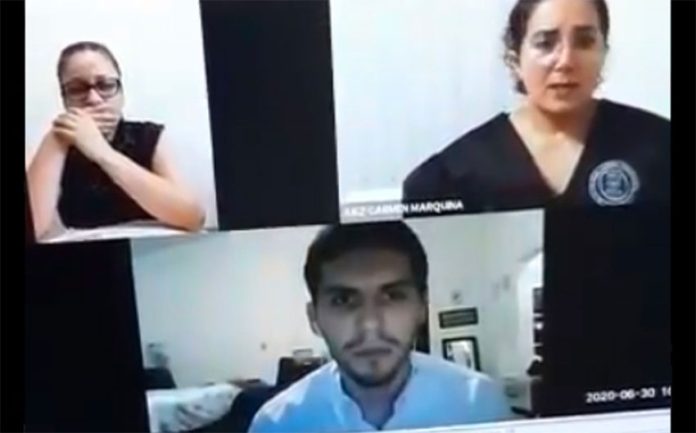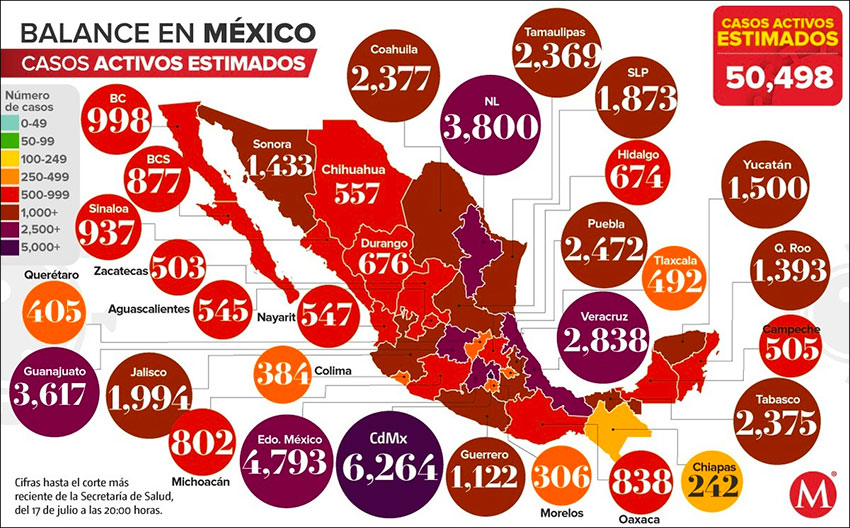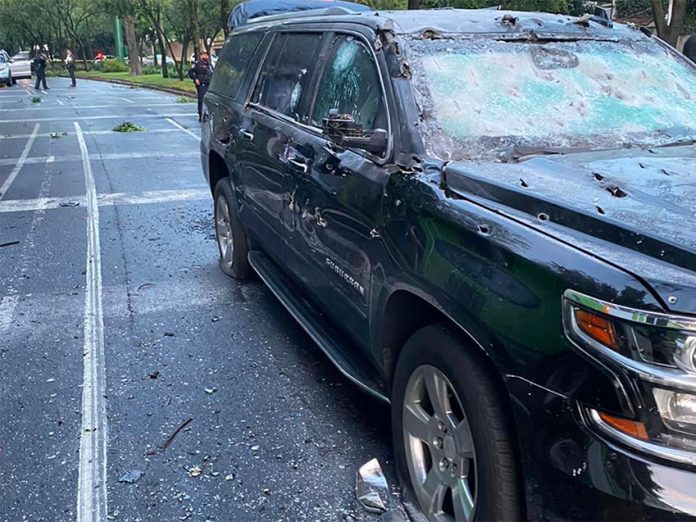Damage to a pre-Hispanic aqueduct at an archaeological site in Texcoco, México state, is irreparable, says a director at the National Institute of Anthropology and History (INAH).
According to media reports, farmers from the town of Santa Catarina del Monte damaged part of the Caño Quebrado aqueduct at the site commonly known as Los Baños de Nezahualcóyotl (The Baths of Nezahualcóyotl) while building a new road between their town and agricultural land.
After inspecting the damage caused by heavy equipment, México state INAH chief Luis Antonio Huitrón told the newspaper Reforma that it appears to be “irreversible.”
He explained that parts of the aqueduct have been removed or displaced and said that it was lucky that only one section – 143 square meters in total – was damaged.
Although reports have blamed Santa Catarina farmers, Huitrón said that the perpetrators have not yet been identified and it is unclear why heavy machinery had been used at the site, formally known as Tetzcotzinco.
“At this time, we don’t know the intention of this action. However, it seems to be related to an activity that has been increasing in the entire … Tetzcotzinco area, … which is the irregular construction of homes,” he said.
Huitrón added that INAH is working with Texcoco authorities to increase legal protections to ensure that all construction in and around the archaeological site is prohibited.
The damage to the ancient aqueduct, built while Nezahualcóyotl – known as the poet king – was the ruler of the city-state of Texcoco in the 15th century, triggered an outpouring of anger on social media.
The damaged aqueduct is the “most important” pre-Hispanic hydraulic engineering infrastructure in Mexico, Enrique Ortiz García, a Mexican history enthusiast, said on Twitter.
Nezahualcóyotl, who ruled Texcoco from 1429 to 1472, used the Baños de Nezahualcóyotl site as a retreat and meditation place as well as a center for astronomical observation, according to INAH.
It includes several stone structures and baths, and is considered one of the most important archaeological zones in México state.
Source: Reforma (sp)
